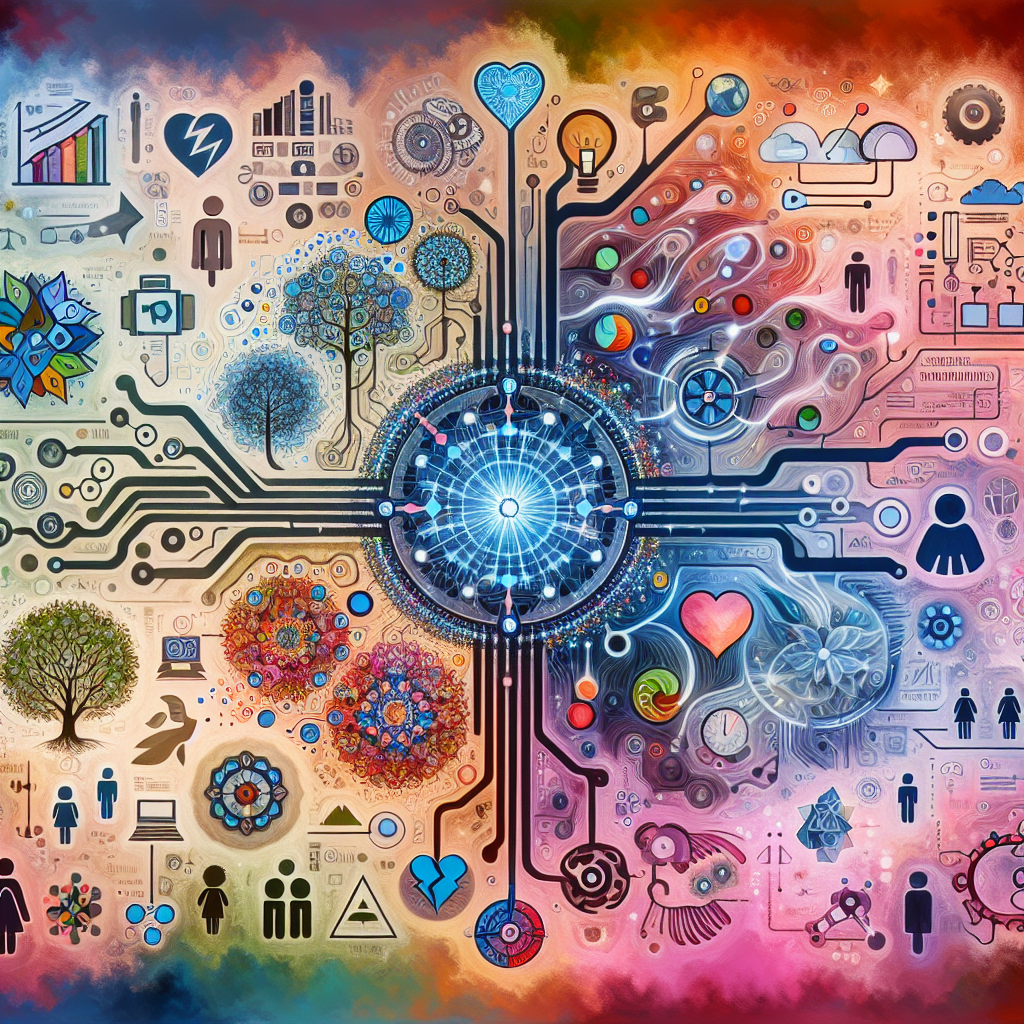The Impact of AGI on Society: Benefits and Concerns
Artificial General Intelligence (AGI) has the potential to revolutionize society in ways that we can hardly imagine. AGI, also known as strong AI, refers to a level of artificial intelligence that is on par with human intelligence in terms of general cognitive abilities. While current AI technology is still far from achieving AGI, researchers are making significant strides in this field, raising important questions about its impact on society.
In this article, we will discuss the potential benefits and concerns of AGI on society, as well as address some frequently asked questions about this emerging technology.
Benefits of AGI on Society
1. Increased productivity: One of the most significant benefits of AGI is its potential to increase productivity across various industries. AGI has the ability to automate complex tasks and decision-making processes, leading to more efficient operations and higher output. This can result in cost savings for businesses and improved quality of products and services.
2. Healthcare advancements: AGI has the potential to revolutionize healthcare by providing personalized treatment options based on individual patient data. AGI can analyze vast amounts of medical data to identify patterns and recommend the most effective treatments for different conditions. This could lead to improved patient outcomes and reduced healthcare costs.
3. Enhanced scientific research: AGI can accelerate the pace of scientific research by processing and analyzing massive amounts of data in a fraction of the time it would take a human researcher. This could lead to breakthroughs in areas such as drug discovery, climate modeling, and space exploration.
4. Improved decision-making: AGI can assist individuals and organizations in making better decisions by analyzing complex data and predicting future outcomes. This can be particularly beneficial in industries such as finance, where quick and accurate decision-making is crucial.
5. Enhanced creativity: AGI has the potential to enhance human creativity by generating new ideas and solutions to complex problems. By collaborating with AGI systems, individuals can leverage their creative abilities to develop innovative products and services.
Concerns of AGI on Society
1. Job displacement: One of the most significant concerns surrounding AGI is the potential for job displacement as automation becomes more prevalent. AGI has the ability to perform a wide range of tasks that are currently done by humans, leading to the possibility of widespread unemployment in certain industries.
2. Ethical considerations: AGI raises important ethical considerations, such as the potential for bias in decision-making algorithms and the implications of giving machines the ability to make autonomous decisions. It is essential to ensure that AGI systems are developed and used in a way that aligns with ethical principles and values.
3. Security risks: AGI systems could be vulnerable to cyberattacks and misuse by malicious actors, leading to potential security risks for individuals and organizations. It is crucial to implement robust security measures to protect AGI systems from threats.
4. Social implications: AGI could have significant social implications, such as widening the gap between the rich and the poor and increasing societal inequality. It is essential to address these issues proactively to ensure that the benefits of AGI are shared equitably among all members of society.
5. Loss of human control: There is a concern that AGI systems could eventually surpass human intelligence and autonomy, leading to a loss of control over these systems. It is essential to establish safeguards and regulations to ensure that humans retain control over AGI systems and that they are used responsibly.
FAQs about AGI
Q: What is the difference between AGI and narrow AI?
A: AGI refers to artificial intelligence that possesses general cognitive abilities similar to humans, while narrow AI is designed for specific tasks or domains. AGI has the potential to perform a wide range of tasks and adapt to new situations, whereas narrow AI is limited to the tasks it is designed for.
Q: When will AGI be achieved?
A: The timeline for achieving AGI is uncertain, as it depends on various factors such as technological advancements, research progress, and funding. Some experts predict that AGI could be achieved within the next few decades, while others believe it may take longer.
Q: What are some examples of AGI applications?
A: Some potential applications of AGI include autonomous vehicles, healthcare diagnostics, financial analysis, scientific research, and creative content generation. AGI has the potential to revolutionize various industries and improve the quality of life for individuals.
Q: How can we ensure the responsible development and use of AGI?
A: It is essential to establish guidelines, regulations, and ethical frameworks to ensure the responsible development and use of AGI. This includes addressing issues such as bias in algorithms, data privacy, security risks, and societal implications. Collaboration between researchers, policymakers, and industry stakeholders is crucial in shaping the future of AGI.
In conclusion, AGI has the potential to bring about significant benefits to society, such as increased productivity, healthcare advancements, and enhanced creativity. However, it also raises important concerns related to job displacement, ethical considerations, security risks, social implications, and loss of human control. It is essential to address these concerns proactively and ensure the responsible development and use of AGI to maximize its potential benefits for society. By working together to harness the power of AGI in a responsible and ethical manner, we can create a future where AI enhances human capabilities and improves the quality of life for all.

